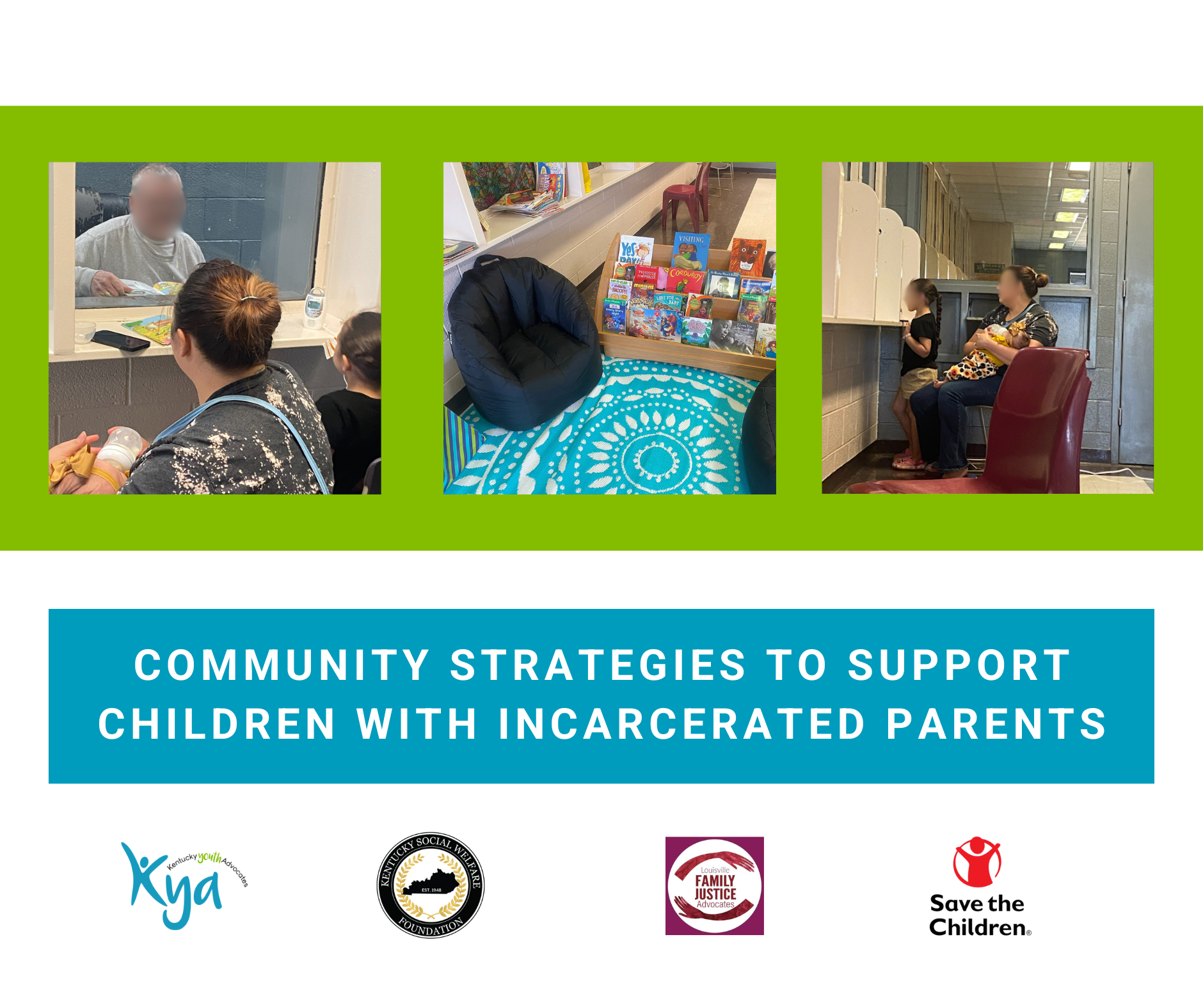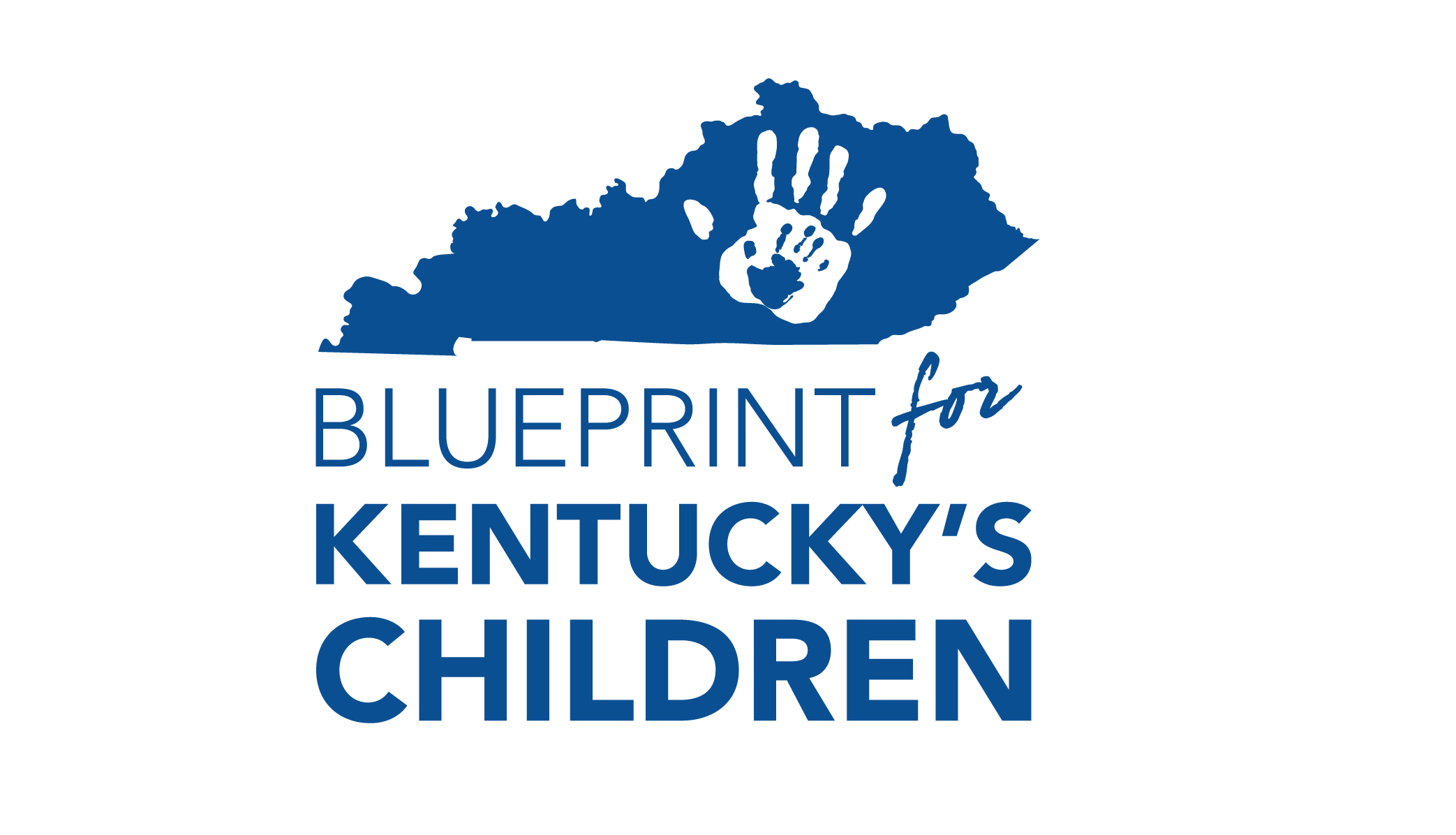Contact:
Mara Powell
mpowell@kyyouth.org
Statement by Dr. Terry Brooks, executive director, Kentucky Youth Advocates
LOUISVILLE, KY – An effective system of juvenile justice seeks two primary goals: public safety and rehabilitating youth who have broken the law, which is fundamental to public safety. A recent independent evaluation of changes to diversion practices in Kentucky found that policies resulting from Senate Bill 200 of 2014 has kept kids out of the system, and crucially, they did not return to the system with other charges.
Kentucky has made significant and effective strides in reducing the number of children introduced to the juvenile justice system for status offenses, like running away or skipping school. However, today the House Judiciary Committee jeopardized those efforts with passage of House Bill 318. Considering the impacts it will have on young people and their futures as well as on public safety, we hope that the Kentucky House stops this bill on the House floor.
Let’s be clear, HB 318 will not make the current practices more effective or increase kids’ access to supportive services – only risk their loss of access. For example, HB 318 mandates that children who enter into a diversion agreement for habitual truancy and fail to improve within 30 days have their complaint referred to the court. This mandate to refer children to court removes the case from the venue that was developed specifically to address the underlying causes of why children are tardy or missing school. Additionally, the research is clear that children referred to formal court for minor offenses only increases the chance they will commit offenses in the future. The Court Designated Workers Office is best equipped to address the underlying causes of a child’s misbehavior and keep children from committing actual crimes in the future.
Kentucky’s diversion success rates are at an all-time high, especially with the support of multidisciplinary FAIR teams that support children and families dealing with truancy challenges that have only been exacerbated by the pandemic. Moreover, data shows that current practices are more effective in getting kids back on track and keeping them out of the system:
- 95% of public offense diversion agreements and 91% of status offense agreements are completed successfully.
- Almost 9 out of 10 (87%) status offenses and 2 in 3 public complaints are being diverted – and achieving those high success rates.
- An average of only one in five (21.2%) successfully diverted youth have a subsequent complaint within one year, compared to more than one in three youth (34.3%) who were referred to court.
Additionally, parents and caregivers can and should be an asset to helping their children get back on track so they can become productive members of their communities. However, HB 318 includes changes that could strain already difficult family situations and increase use of foster care when a child’s safety is not at risk. If a parent is unable to take time off from work, doesn’t have reliable transportation, or their child will not comply with court orders, this measure reprimands them for a “lack of parental cooperation,” which would fail to address the underlying issues and escalate the case to court.
Perhaps the most concerning piece of HB 318 is the requirement to open up and unseal records for certain cases. For more than fifty years, decisionmakers have understood the substantial impact that a criminal record can have on a person’s ability to thrive and the importance of not imposing that burden on children so early in their lives. By allowing juvenile court records to be open to the public, an impulsive act in childhood can become the difference between a young person becoming a productive, working member of society or continuing down a path of crime because they have a label – all but guaranteeing thwarted college admissions, employment opportunities, safe and stable housing, and even military service opportunities.
And finally, HB 318 will allow a child’s probationary period to remain open, which would only exacerbate the challenges of the juvenile justice system being easy to enter and difficult to get out of. The research is clear that probation violations with swift and clear sanctions and rewards work best, especially with teens, who respond best to clear and straightforward messages.
Stay up-to-date on Blueprint for Kentucky’s Children priorities and other bills that are good for kids on our Kentucky General Assembly Bill Tracker.
###
About Kentucky Youth Advocates
Kentucky Youth Advocates believes all children deserve to be safe, healthy, and secure. As THE independent voice for Kentucky’s children, we work to ensure policymakers create investments and policies that are good for children. Learn more at www.kyyouth.org.






Leave A Comment